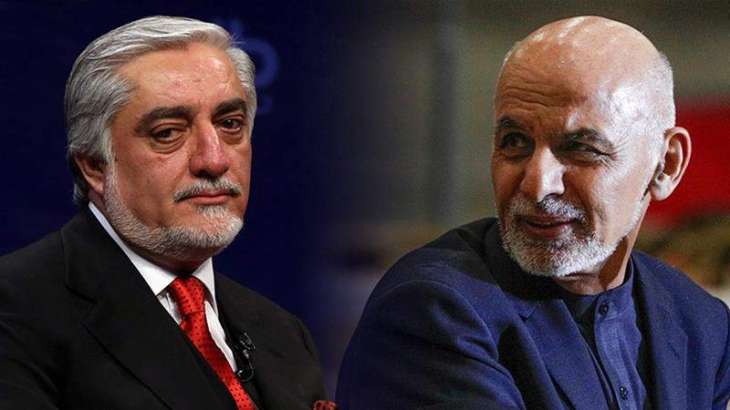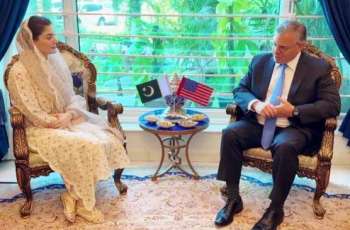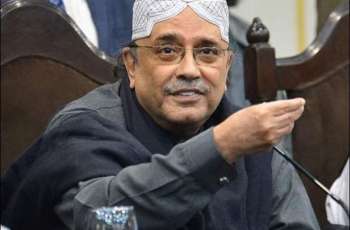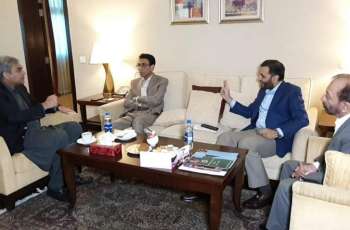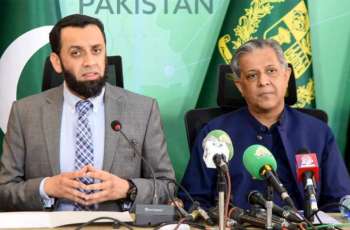The power-sharing deal between Afghan President Ashraf Ghani and his longtime rival, Abdullah Abdullah, is a positive step, but its future success is conditional on their ability to put people's interests above anything else as they work toward peace, deputy chairman of Pakistan's Senate, Saleem Mandviwalla, told Sputnik
MOSCOW (Pakistan Point News / Sputnik - 18th May, 2020) The power-sharing deal between Afghan President Ashraf Ghani and his longtime rival, Abdullah Abdullah, is a positive step, but its future success is conditional on their ability to put people's interests above anything else as they work toward peace, deputy chairman of Pakistan's Senate, Saleem Mandviwalla, told Sputnik.
Under a long-anticipated power-sharing deal, inked on Sunday, Abdullah received the role of the head of the High Council for National Reconciliation, while members of his team were promised posts in the cabinet.
"Agreement between Mr. Ashraf Ghani and Mr. Abdullah Abdullah regarding formation of inclusive government and High Council of National Reconciliation is a positive development. However, it is vitally important that all Afghan leaders work together constructively in the supreme interest of the Afghan people and help bring lasting peace and stability to the country affected by decades of violence and conflict," Mandviwalla said.
According to the senior lawmaker, both the Afghan government and the Taliban have "no option but to advance the peace process."
"I would imagine that the next logical step will be the release of prisoners [by both Kabul and Taliban] followed by a dialogue," he added, noting that the fight against the coronavirus was yet another task.
Ghani and Abdullah competed for the presidency both in 2014 and 2019, with Ghani winning both times and Abdullah disputing the results. The 2014 election led to a drawn-out political crisis in the country which forced the United States to broker a power-sharing agreement whereby Ghani took the presidency while a new office, the now abolished Chief Executive, was handed to Abdullah. In 2019, Abdullah refused to concede his defeat to Ghani, decrying the September election as invalid due to fraud, ushering a protracted political crisis.
After the US struck a peace deal with the Taliban in February, the post-election crisis was deemed to be among the factors that stalled the launch of the intra-Afghan peace process, which was set to begin back in March.
